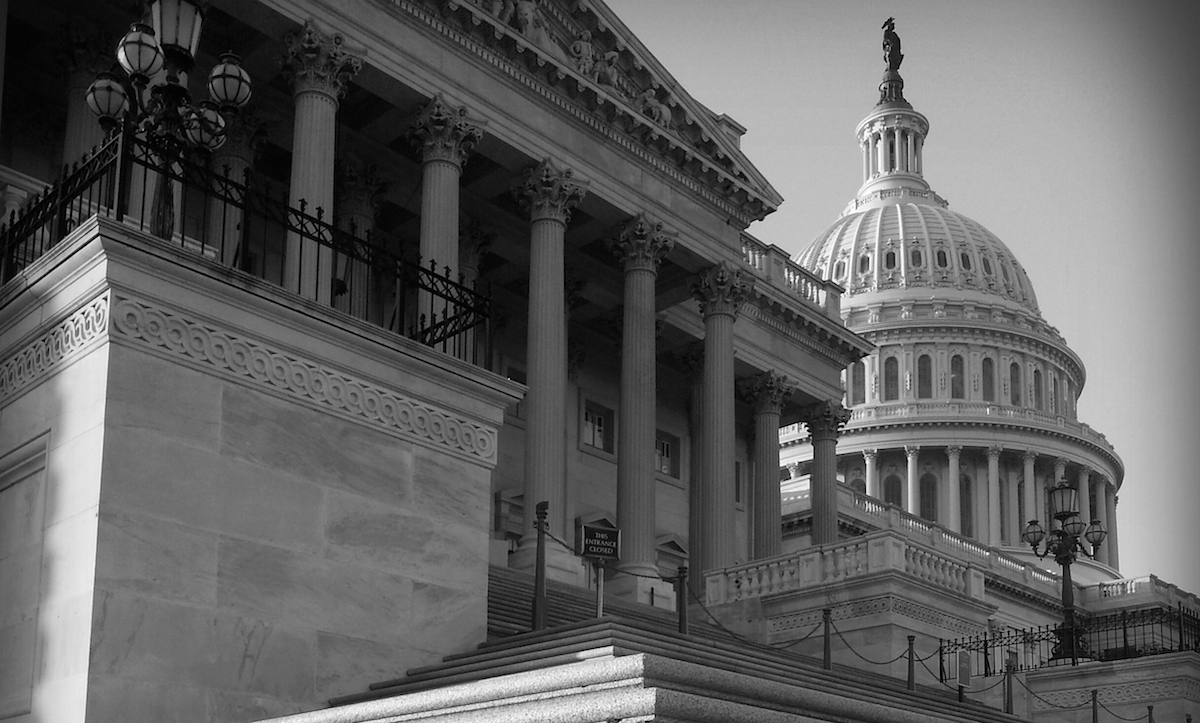WASHINGTON — With Tax Day around the corner, many Americans are up to their eyeballs in receipts and forms. The IRS fears many could also be knee-deep in fraud.
IRS officials and taxpayer advocates told the Senate Finance Committee on Tuesday that about one-third of the tax forms filed last year were prepared by people who aren’t licensed or regulated, leading to mistakes, unethical behavior and fraud. Americans filed 142 million individual income tax returns for 2012. Almost 80 million of them were put together by paid preparers, and 42 million of those were compiled by preparers who were not subject to government oversight.
“For the second time in eight years, the Government Accountability Office has done an independent inquiry and proven that the absence of meaningful oversight of much of the tax preparer industry is harming too many citizens who can least afford it,” said Finance Committee Chairman Ron Wyden, D-Ore.
IRS Commissioner John Koskinen said his agency can’t guarantee the ethics or accuracy of preparers under the law.
“We have no listing, no way to indicate those who have a minimum level of competence and those who don’t,” he said. “We can only tell them to be careful. That’s not particularly helpful to the average taxpayer.”
This isn’t the first time the government has tried to regulate the industry. In 2011, the IRS launched regulations that would require tax preparers to take a competency exam, pay an annual certification fee and complete fifteen hours of continuing tax education every year. But later that year, a court ruled the agency did not have the legal authority to regulate the 670,000 tax return preparers in its database. Now, the IRS is asking Congress to impose regulations.
The IRS does have power to punish improper preparers through audits after the fact. With 1.2 million preparers putting together almost 150 million returns, that’s not enough, said Nina Olson, the IRS National Taxpayer Advocate. Audits also won’t establish a system that makes the competence of a particular preparer clear to taxpayers. “The IRS can’t audit itself out of this situation,” Olson said.
Opponents of regulatory reform say licensing would increase potential for error. “Licensing reduces competition in the tax preparation market, which is bad for consumers,” Dan Alban, an attorney with the Institute for Justice, told the committee. “Taxpayers, not the IRS, should be the ones who get to decide who prepares their taxes.”
But after the hearing, Koskinen underscored the need for action. “The preparer issue is a real one,” he said. “It affects a lot of middle-income and low-income people who don’t have a basis for selecting a preparer.”
But a minimum-standards program would benefit more than just the taxpayer. “If the returns are as accurate as possible, we don’t have to do anything with them. If there are mistakes, we have to send letters, we have to spend a lot of our time and their time straightening out what should have been simple to begin with.”
Wyden wants to move quickly, although the committee doesn’t have a date for bringing the issue to a vote. “This is the first effort in the comprehensive reform drive… I’ve made it clear this is very important to me. This is the first step, the combination of [tax code] simplification and stopping these ripoffs we heard about today.”

